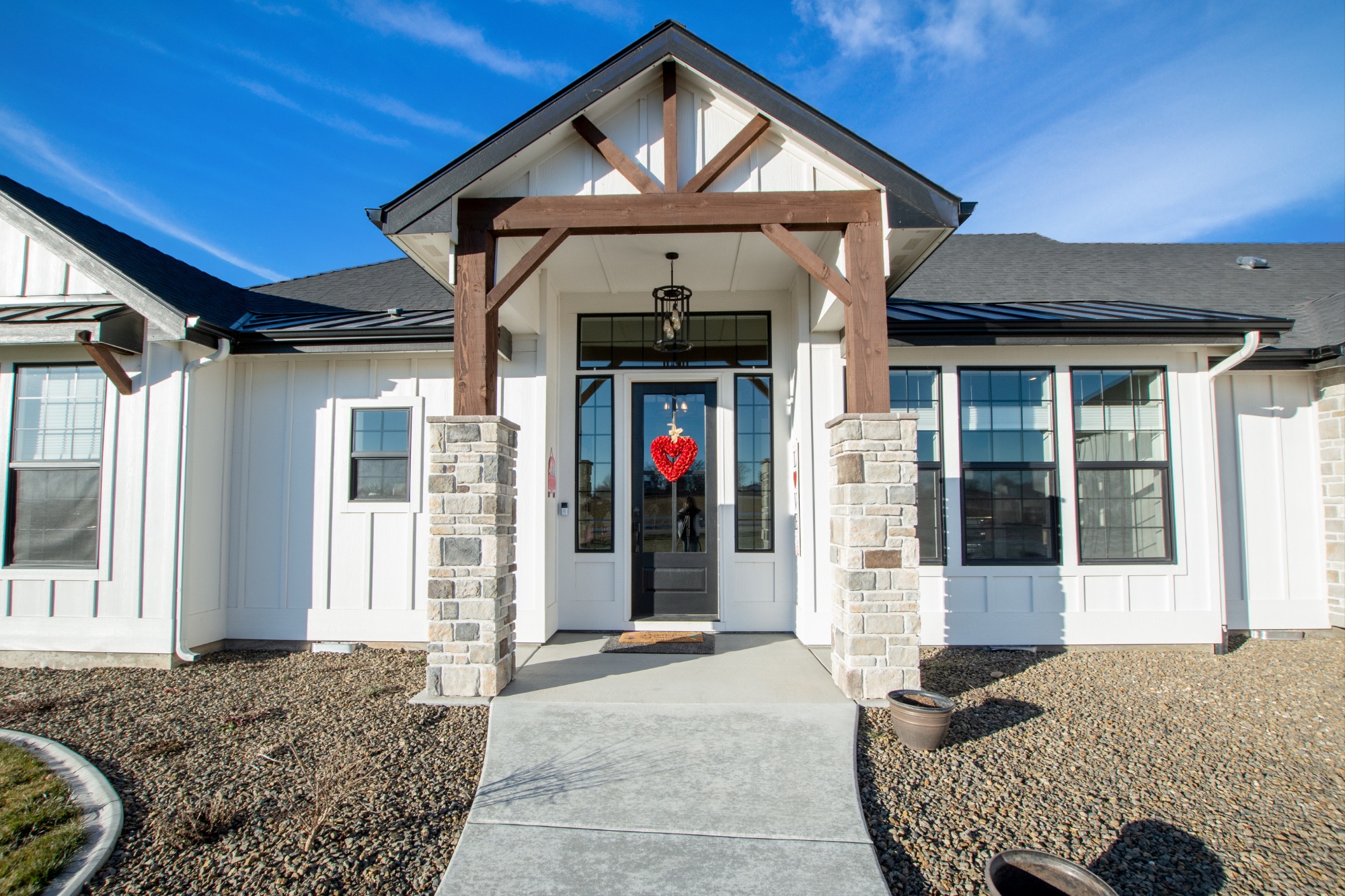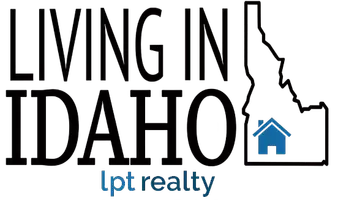
How to Speed Up the Closing Process for a Fast Sale
How to Speed Up the Closing Process for a Fast Sale Table of Contents Introduction Prepare Your Home for a Quick Sale Price It Right from the Start Get Pre-Inspections Done Work with a Skilled Real Estate Agent Have All Documentation Ready Choose the Right Buyer Leverage Cash Off

How to Stage a Vacant Home for Sale
How to Stage a Vacant Home for Sale Table of Contents Introduction Why Staging a Vacant Home Is Important Focus on Key Rooms Add Warmth with Furniture and Décor Use Lighting to Create Ambiance Highlight Cleanliness and Maintenance Leverage Virtual Staging Final Thoughts FAQ Intr

How to Stage a Small Home to Sell Fast
How to Stage a Small Home to Sell Fast Introduction Selling a small home quickly requires strategic staging to make it feel spacious and appealing—something that can significantly boost your return on investment. Buyers often base their first impressions on factors like the interior design, furnitu
Categories
Recent Posts










